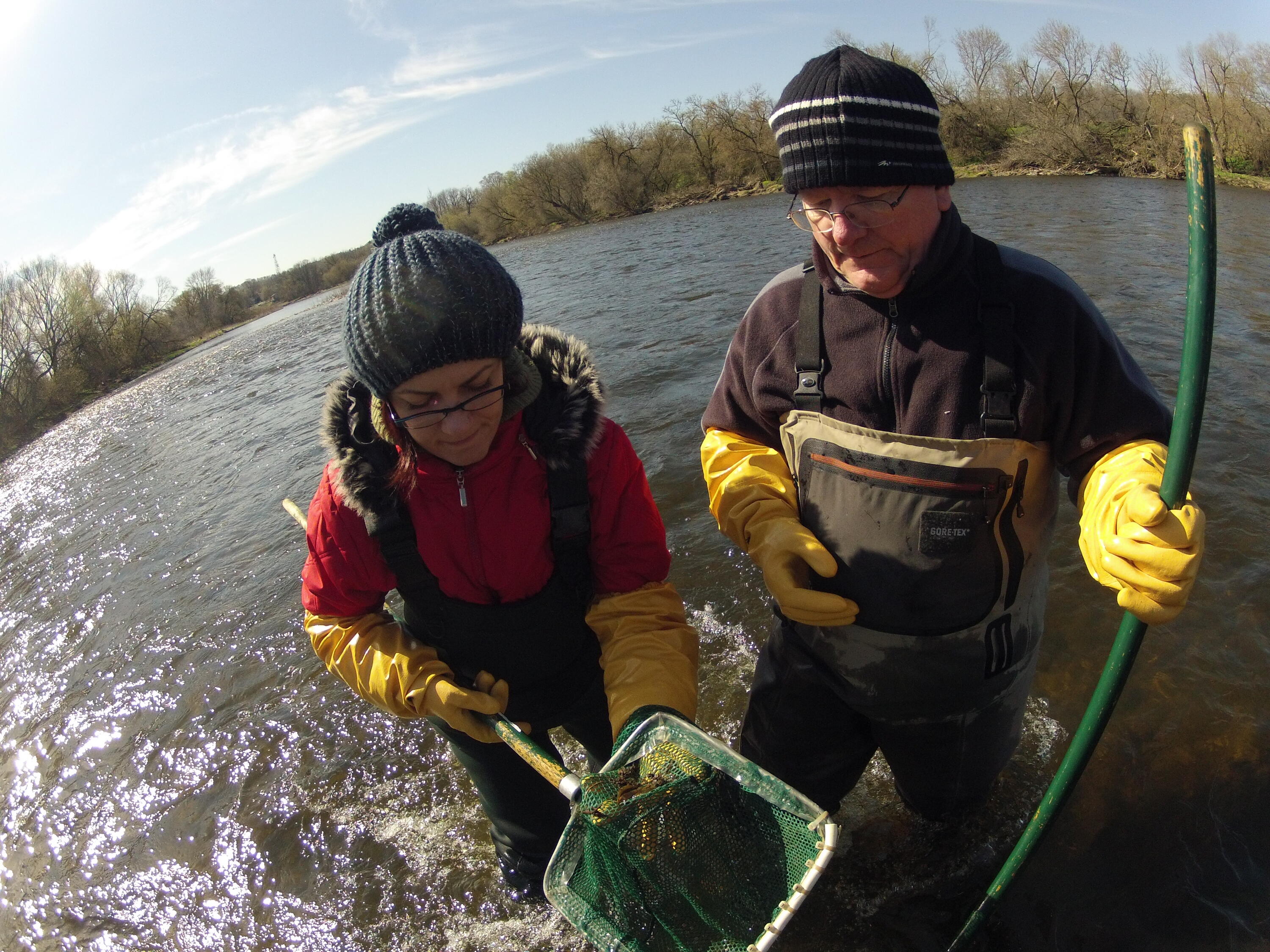On Monday, Fisheries and Oceans Canada announced funding for almost $3M to study the effects of contaminants on aquatic ecosystems across Canada. As part of this funding, Professor Mark Servos from the Department of Biology has been awarded $219,420 over three years, to support a research project that will examine how anti-depressants move in the environment and impact fish.
“I would like to thank the Government of Canada for its support in addressing the biological effects of contaminants on aquatic organisms and specifically by providing research funding to the University of Waterloo," says Charmain Dean, Vice-President, Research and International at the University of Waterloo. "It is critical for us to examine how pharmaceuticals move in the environment, in particular how they bioaccumulate in fish and cause changes in key biological processes and we are very pleased to have this important project led by Professor Mark Servos, a Canada Research Chair in Water Quality Protection, who has extensive knowledge in the areas of ecotoxicology and integrated water resources management.”
Professor Servos will be integrating field assessments, lab studies, and a source-treatment-river fate and effects model in order to study the effets that the upgraded municipal wastewater treatments has on the bioaccumulation of these pharmaceuticals.

Research in Servos' lab focuses on ecotoxicology, studying the exposure and effects of contaminants such as pharmaceuticals and endocrine disruptors arising from municipal, industrial, or agricultural activities, and the effects that these contaminants have on the environment.
Professor Servos is a member of the Water Institute, and also holds a Canada Research Chair in Water Quality Protection.